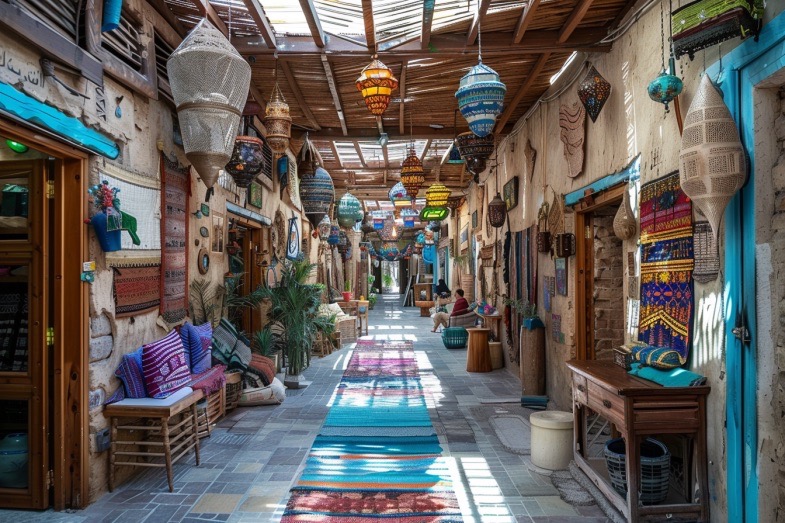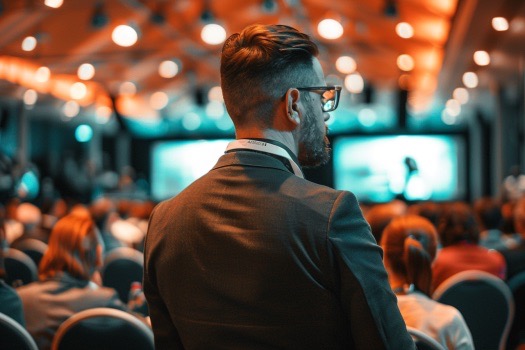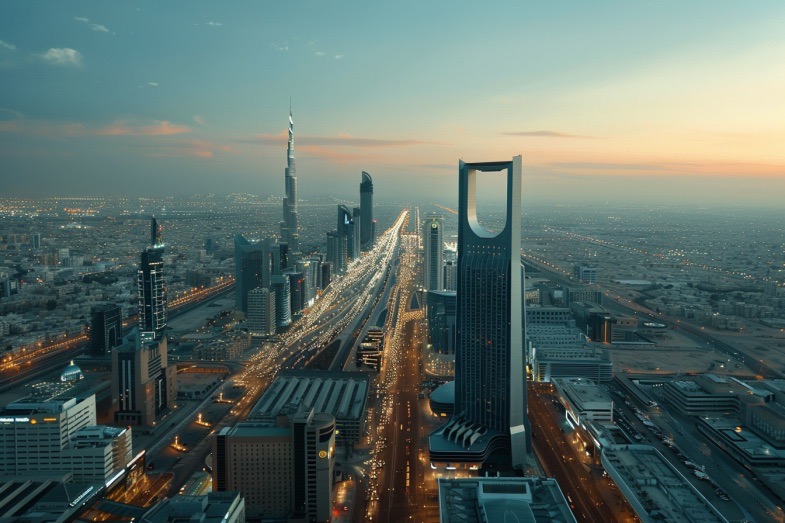India’s Muslim Community Faces Rising Islamophobia
Six years ago, a Muslim boy returned home from school in Agra, India, feeling humiliated and scared. His classmates had called him a Pakistani terrorist during a mock fight, leading to a traumatic experience that eventually forced his mother to pull him out of school.
The incident is just one example of the turbulent journey that India’s 200 million Muslims have experienced since Narendra Modi’s Hindu nationalist Bharatiya Janata Party (BJP) came to power in 2014.
Hindu vigilante mobs have targeted Muslim-owned businesses, mosques have faced petitions, and online hate speech against Muslims has surged. Accusations of “love jihad” and other false narratives have fueled Islamophobia, particularly in states ruled by the BJP.
Despite these challenges, the BJP and Modi deny mistreatment of minorities in India. However, many like author Reema Ahmad feel the change in atmosphere.
Ahmad left a school WhatsApp group after a controversial message was posted following air strikes against Pakistan. She advocated for peace and was labeled as pro-Pakistani and anti-national.
Similarly, environmental activist Erum has noticed a shift in children’s conversations in Agra, with instances of deep-rooted phobia emerging among them. This growing trend has led to increased caution and insecurity among Muslims in the city.
Local journalist Siraj Qureshi also highlights incidents of discrimination, such as the unjust arrest of a mutton delivery man and increased vigilance among Muslims when traveling.
As tensions rise, even everyday interactions are affected. Agra resident Kaleem Ahmed Qureshi, who leads heritage walks in the city, shares how his identity as a Muslim influences others’ perceptions, causing anxiety in daily situations.
The stories of Ahmad, Erum, Qureshi, and many others reflect the challenges faced by India’s Muslim community in a country where they are increasingly feeling like second-class citizens.
Muslims in India: Navigating Politics, Religion, and Hope in a Complex Landscape
The train ride from Delhi to Agra was supposed to be a simple journey, but for Kaleem Ahmed Qureshi, a seventh-generation Agra resident and multi-talented artist, it turned into a stark reminder of the deep-rooted tensions between communities in India.
As a software engineer-turned jewelry designer and musician, Qureshi is no stranger to the unease that comes with disclosing his name to strangers. “There is this anxiety [which we live with]. When I travel now, I have to be very aware of where I am, what I say, what I do. I feel unease even at disclosing my name to the ticket checker in the train,” he shares.
The underlying issue, according to Qureshi, is the toxic mix of politics that has poisoned the relationship between communities in India. “Politics has mixed poison in the relationship between the communities,” he reflects.
On the flip side, Syed Zafar Islam, a national spokesperson of the BJP, brushes off rising Islamophobia as the result of “irresponsible media houses” blowing small incidents out of proportion. He believes that the ruling party is not anti-Muslim and blames opposition parties for instilling fear in the community.
Despite the lack of Muslim representation in the BJP, Islam insists that the Modi government is inclusive and that welfare schemes benefit all citizens, including Muslims. He urges Muslims to reject being treated as a mere vote bank and to embrace coexistence.
While some Muslims see hope in the government’s efforts to bring about change, others like Arzoo Parveen are taking matters into their own hands. Determined to break free from poverty and societal norms, Arzoo is pursuing her dream of becoming a doctor through education, despite her father’s initial reservations.
Her story, along with the success of initiatives like Rahmani30, a free coaching school for underprivileged Muslim students, highlights the resilience and determination of Muslims in India to carve out a better future for themselves.
In a country where politics, religion, and identity intersect in complex ways, the road ahead for Muslims in India remains uncertain. But amidst the challenges and obstacles, there is a glimmer of hope as individuals like Arzoo and organizations like Rahmani30 pave the way for a brighter tomorrow. **Six Aspiring Doctors Brave Challenges for a Shot at Success**
In a country where competition for medical college seats is fierce, Arzoo stands ready to take on the challenge. With aspirations of becoming a gynecologist, she is determined to secure one of the limited spots available in India’s prestigious medical colleges.
For Mohammed Shakir, education is not just a pathway to success, but a lifeline for his struggling family. Despite facing religious tensions and embarking on a risky journey to take the Rahmani30 entrance exam, the 15-year-old is determined to create a better future for himself.
In a nation marked by division and uncertainty, the future of India’s Muslims remains a topic of concern. With lingering fears and worries about the right to life, young Muslims like Zeyad Masroor Khan contemplate escape routes to countries offering asylum in case of emergencies.
As Ms. Ahmad in Agra reflects on the changing landscape of her homeland, she laments the loss and damage caused by rising tensions and uncertainty. Despite initial hopes that the situation would improve, the reality of the present has left many feeling uncertain about what lies ahead.



